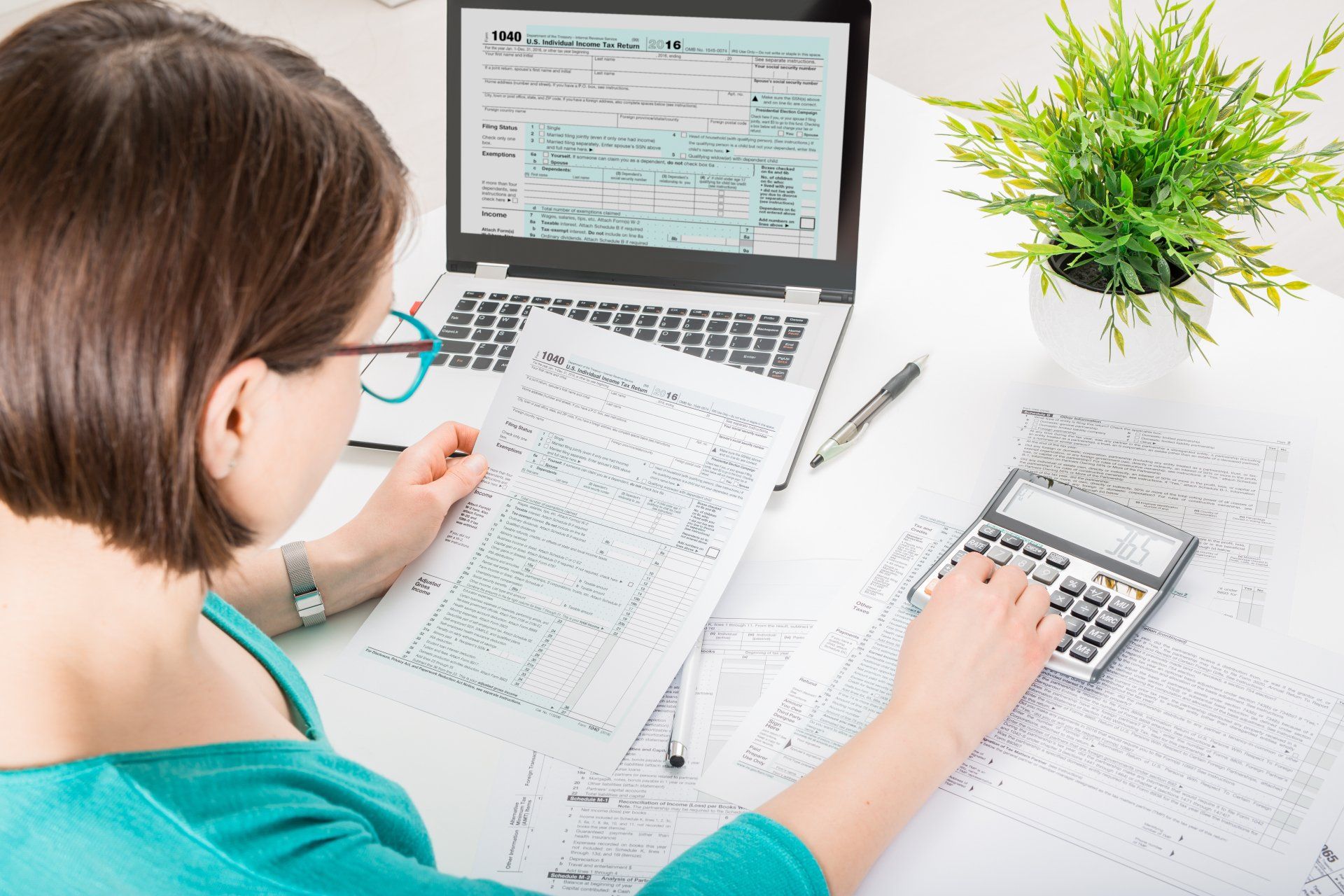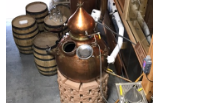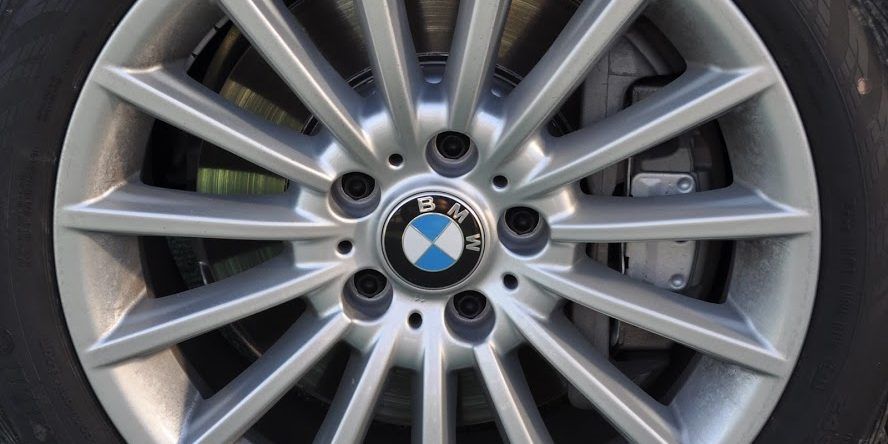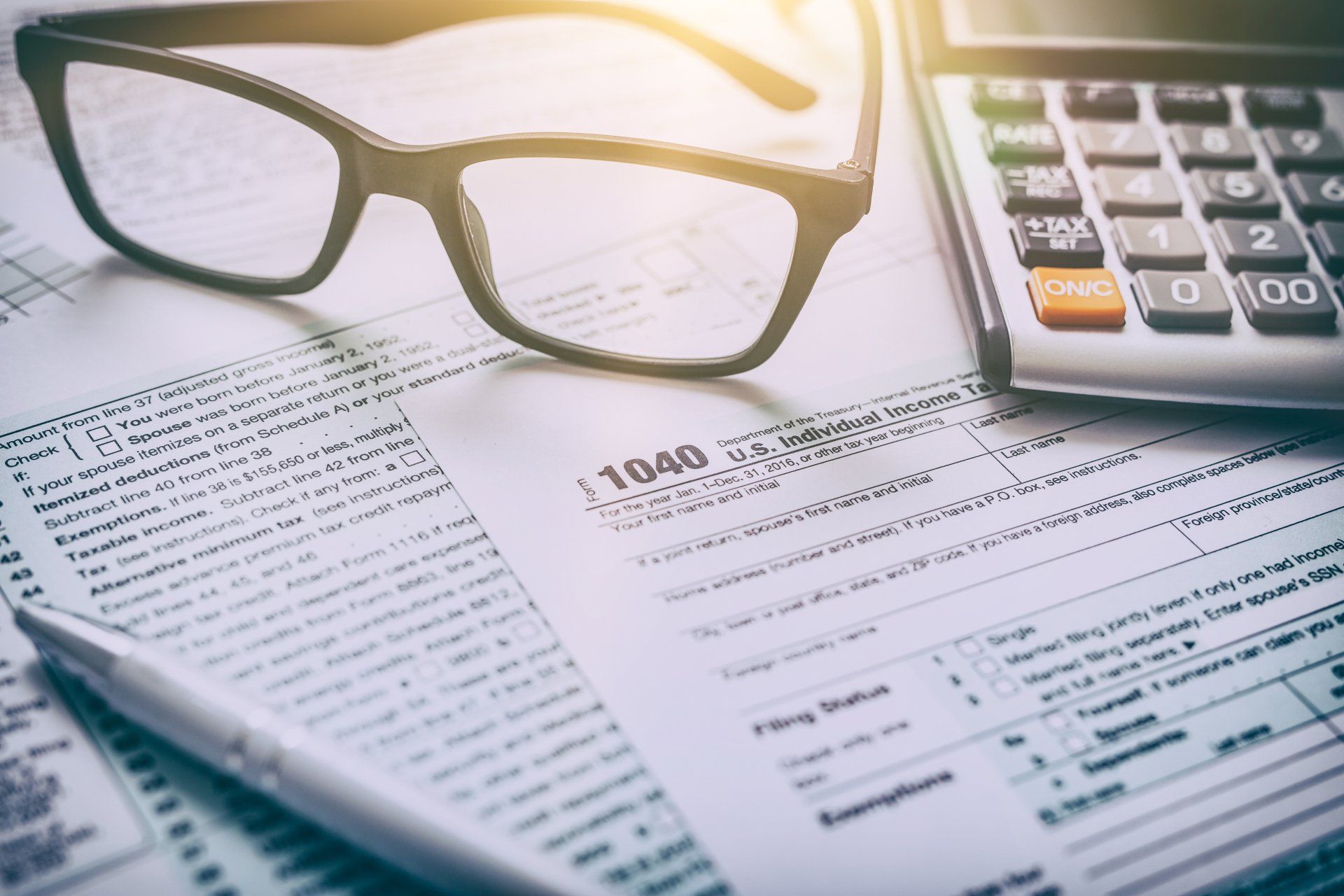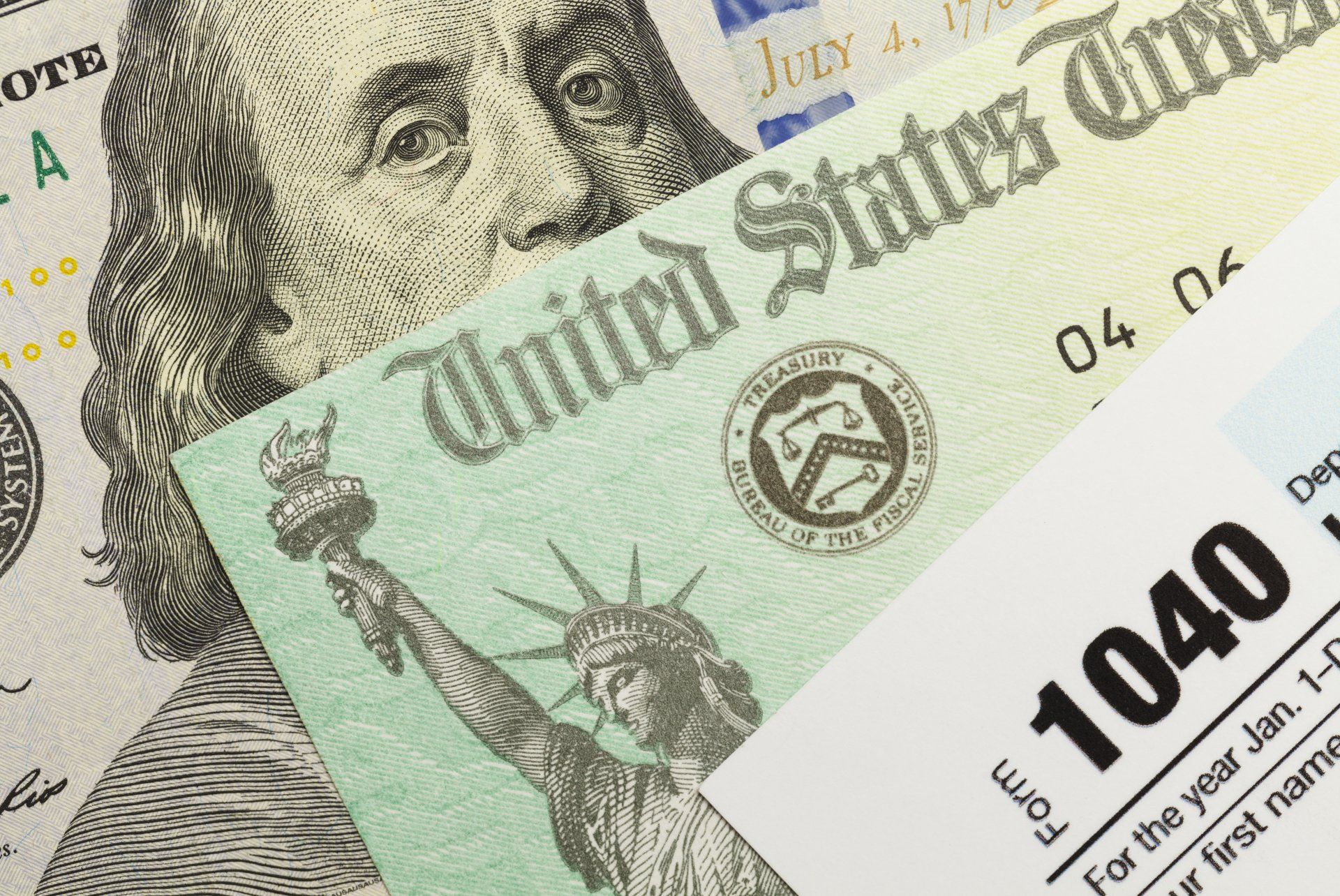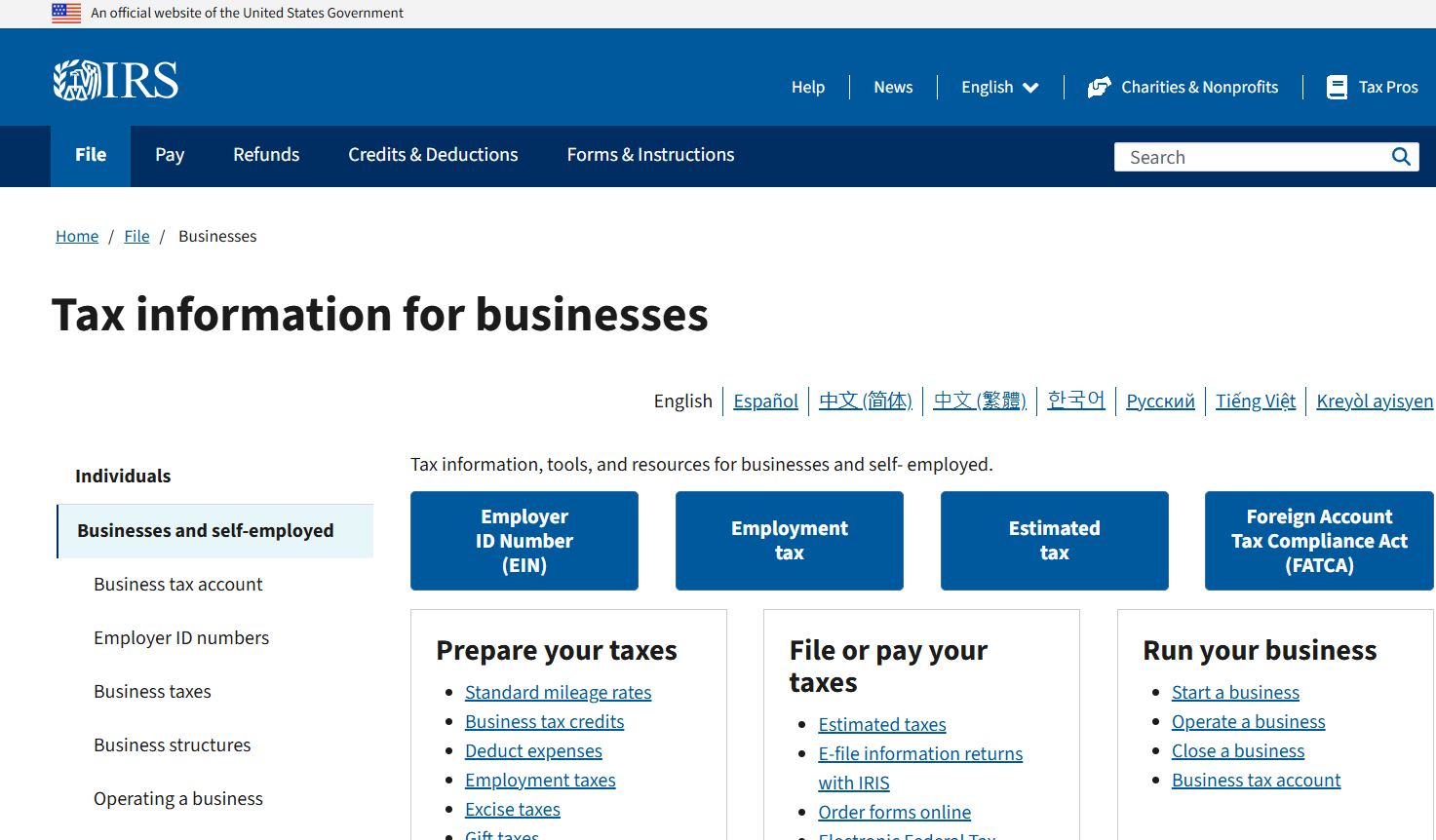Understanding What is Best for Your Business - Lease vs Buy
Advantages exist with both options - understanding which might be best for your business is the challenge.
As a small business owner, every dollar counts, and profit is vitally important to your long term goals. Decisions about whether to lease or own trucks, office equipment, or commercial property can significantly impact your cash flow, taxes, and long-term growth.
There’s no universal “right” answer, but by understanding the benefits and trade-offs of each approach, you can make a choice that supports your business strategy and finances.
Why Small Businesses Consider Leasing
Leasing is often attractive for businesses that want flexibility, predictable costs, and lower upfront investments.
Common Assets Small Businesses Lease:
- Delivery or service trucks
- Computers, copiers, and phone systems
- Office or retail space
Benefits of Leasing:
- Lower Upfront Costs
- Minimal down payment preserves cash for payroll, inventory, or expansion.
- Predictable Monthly Payments
- Easier to budget with fixed monthly costs.
- Many leases include maintenance, reducing unexpected repair bills.
- Access to the Latest Equipment
- Technology and vehicles can be upgraded regularly.
- Keeps your business competitive and efficient.
- Tax Advantages
- Lease payments are usually deductible as operating expenses.
- Flexibility at Lease-End
- Options include returning the asset, purchasing it, or leasing a newer model.
Why Small Businesses Consider Ownership
Ownership works well for businesses that want to build long-term value, equity, and control.
Common Assets Small Businesses Own:
- Delivery or service trucks used long-term
- Heavy machinery or specialized equipment
- Commercial property for offices, shops, or warehouses
Benefits of Ownership:
- Building Equity
- Vehicles, machinery, and property become long-term business assets.
- Real estate often appreciates over time.
- Tax Advantages
- Depreciation allows cost recovery over time.
- Section 179 and bonus depreciation may allow immediate write-offs.
- Loan interest on financed purchases can also be deductible.
- No Use Restrictions
- Full control over asset use, modifications, and mileage.
- Long-Term Cost Savings
- Once paid off, you own the asset outright, eliminating recurring payments.
- Customization Opportunities
- Commercial property or equipment can be tailored to your business needs.
A Side-by-Side Comparison
FactorLeasingOwningUpfront CostMinimalLarger down payment or purchaseMonthly CostFixed, predictableLoan payments (end when paid off)TaxesPayments deductibleDepreciation, interest, and special expensingFlexibilityEasier to upgrade or walk awayLong-term commitmentEquityNoneBuilds equity and potential appreciationMaintenanceOften includedOwner responsibleRestrictionsMileage/usage limits may applyNo restrictions
Example: Small Business Delivery Truck
Scenario:
ABC Landscaping is a small business that needs a reliable truck for weekly deliveries of tools, plants, and materials. They’re deciding between a full-service lease or purchasing the truck outright.
Option 1: Full-Service Lease (7 Years)
- Truck Cost: $50,000
- Lease Term: 7 years
- Monthly Payment: $850
- Included Services: Maintenance, tires, insurance, roadside assistance
How it Works:
- ABC Landscaping pays $850 per month for 7 years.
- Routine maintenance, tires, and roadside assistance are included, reducing unexpected repair costs.
- At lease-end, ABC Landscaping can return the truck, purchase it for the residual value, or explore a new lease.
- Lease payments are fully deductible as a business expense.
Pros:
- Lower monthly payments due to long-term lease
- Predictable expenses
- Maintenance and repairs included
- Flexibility without the risks of ownership
Cons:
- No equity built in the truck
- Possible mileage or usage limits
- Total cost over 7 years may exceed purchase price
Option 2: Ownership
- Truck Cost: $50,000
- Financing: 5-year loan at 6% interest
- Monthly Payment: ~$966 (principal + interest)
- Additional Costs: Maintenance, repairs, tires, insurance (all borne by ABC Landscaping)
How it Works:
- ABC Landscaping makes monthly loan payments until the truck is fully paid off.
- The truck can be used without mileage restrictions and modified as needed.
- Depreciation and loan interest may be deductible.
- Once the loan is paid, the truck is fully owned and can continue generating value.
Pros:
- Builds equity in a tangible business asset
- Full control over use and modifications
- Potential long-term cost savings
Cons:
- Higher upfront cost
- Responsible for repairs and maintenance
- Truck may become outdated over time
Office Equipment and Commercial Property
Leasing vs. ownership decisions are similar for office equipment and commercial property:
- Office Equipment: Leasing may allow you to upgrade computers, copiers, or phone systems every few years, while ownership can reduce long-term costs if you plan to keep the equipment for many years.
- Commercial Property: Owning can build equity and potential appreciation, while leasing preserves cash flow and provides flexibility to relocate or expand as your business grows.
Tax Considerations for Small Businesses
- Leasing: Lease payments are generally deductible as operating expenses, simplifying bookkeeping.
- Ownership: Depreciation, Section 179 expensing, bonus depreciation, and loan interest can provide significant deductions.
- Consult Your CPA: Tax rules can vary by asset type and business structure, so it’s important to review your specific situation.
Making the Decision
Ask yourself:
- Cash Flow: Do you need to preserve cash, or can you afford a larger upfront investment?
- Asset Lifespan: Will the asset serve your business for many years, or become obsolete quickly?
- Flexibility Needs: Is upgrading often more important than building equity?
- Growth Plans: Will your business expand or relocate soon?
- Tax Position: Which option provides the best immediate and long-term tax benefits?
Final Thoughts
For small businesses, leasing and ownership are strategic choices, not just financial ones. Leasing provides flexibility, predictable costs, and lower upfront investment, while ownership builds equity, long-term value, and full control. The right decision depends on your business goals, cash flow, and tax situation. At our firm, we help small businesses analyze real costs, tax savings, and long-term impact to determine the optimal path.
Thinking about leasing or buying trucks, office equipment, or commercial property? Contact us today to discuss your options and make the most financially sound decision for your business.

